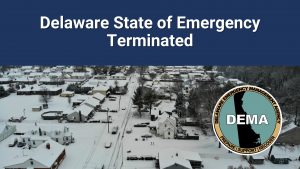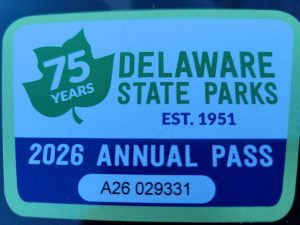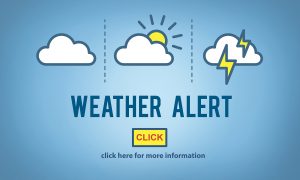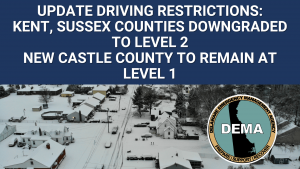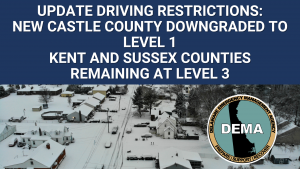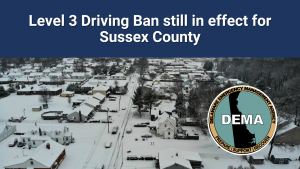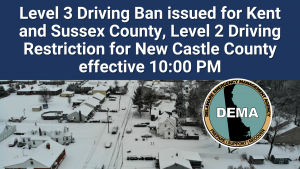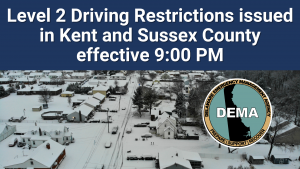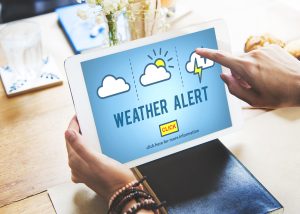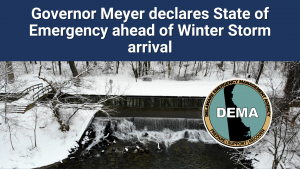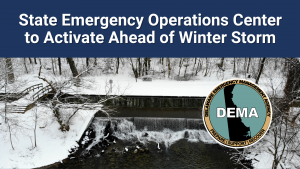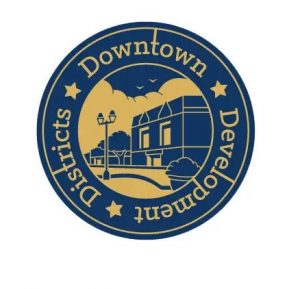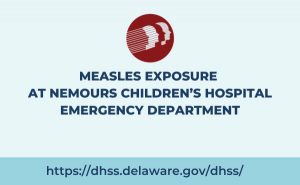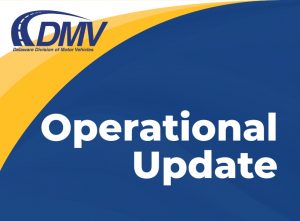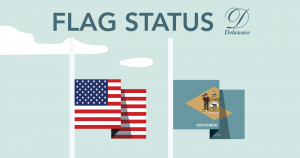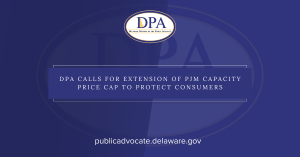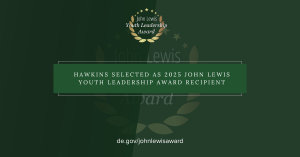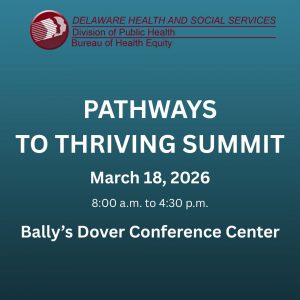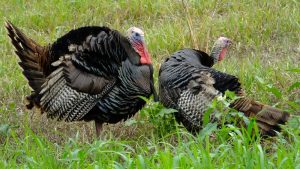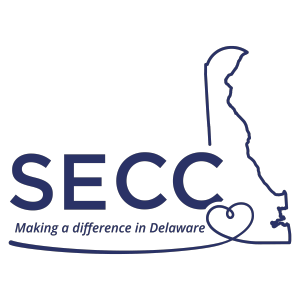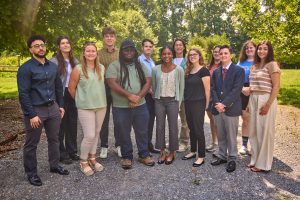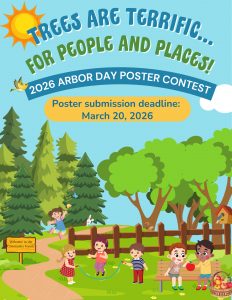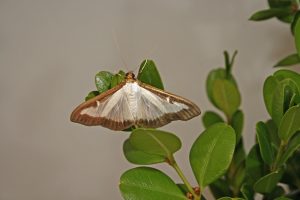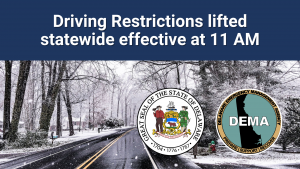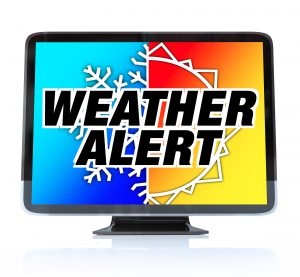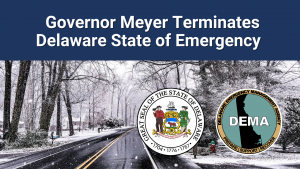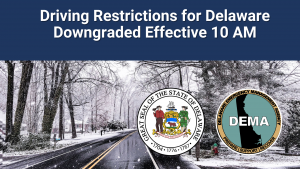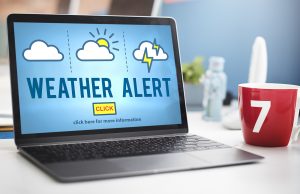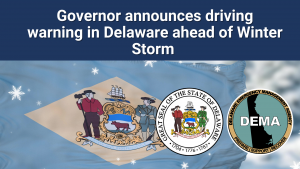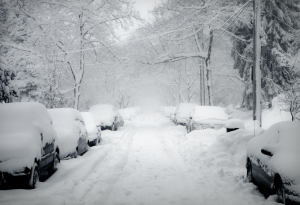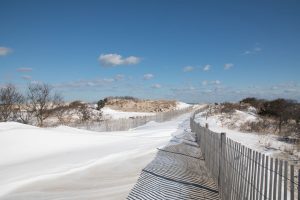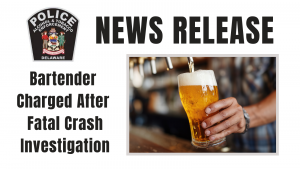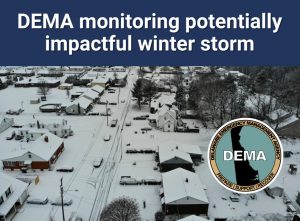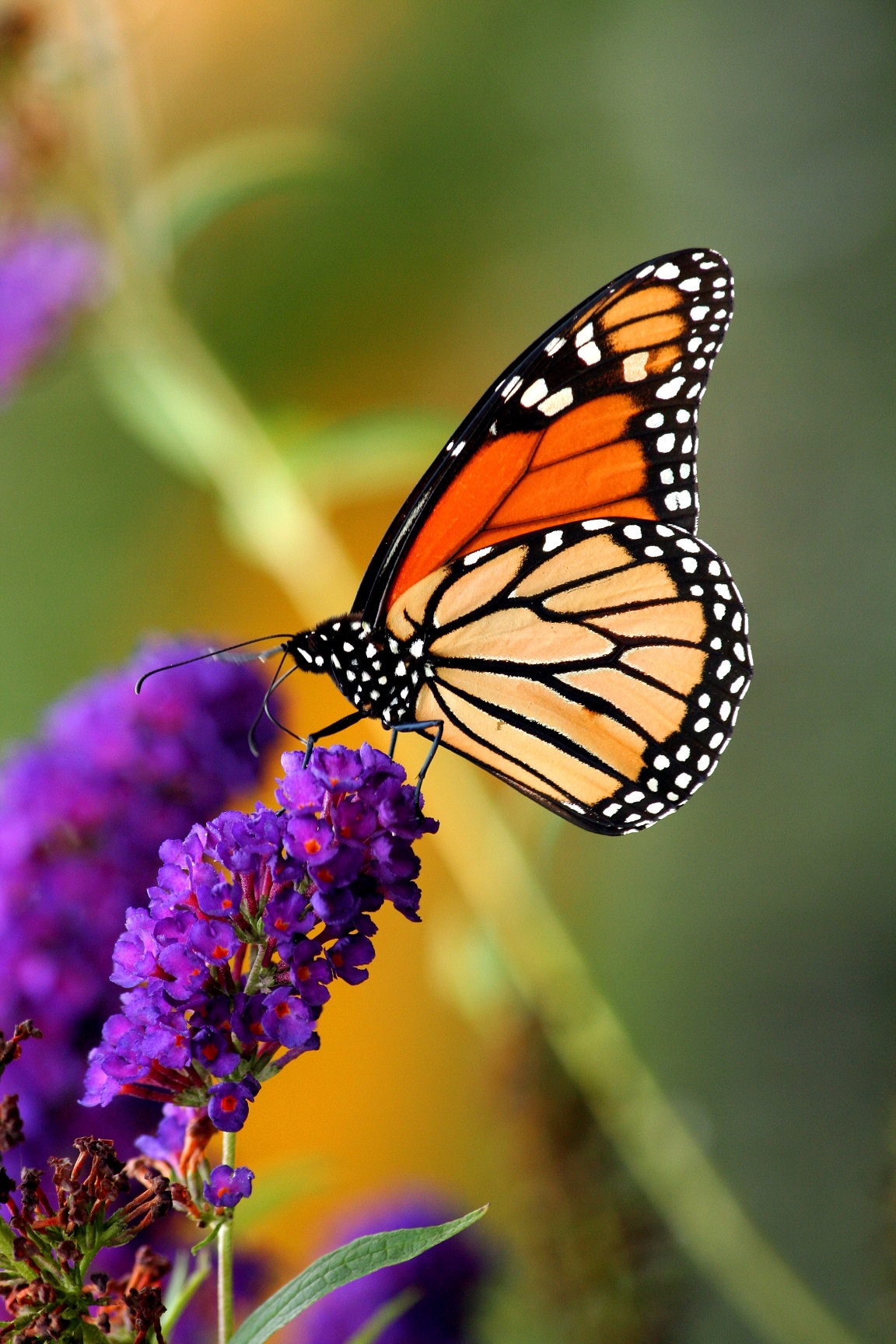
The Monarch butterfly is a welcome pollinator for gracing any yard or garden with its presence. Attracting them is also mutually beneficial for this majestic butterfly whose numbers have fallen off due to loss of habitat, herbicide use along their migratory routes and impacts of climate change. Photo courtesy of James Davis.
Hosted by DNREC Division of Watershed Stewardship in Laurel
The Delaware Department of Natural Resources and Environmental Control will host two free presentations in March on techniques for attracting butterflies, birds, and other pollinators to suburban yards and gardens and helping them to thrive and flower.
The presentations, part of the DNREC Division of Watershed Stewardship’s Reclaim Our River Program – Nanticoke Series, in partnership with the Delaware Nature Society and the Nanticoke Watershed Alliance, will be given at the Laurel Public Library on March 6 and 27. They will be led by Carol Stephens, a Delaware Master Naturalist by way of a science-based natural resource training program jointly coordinated by University of Delaware Cooperative Extension and Delaware Nature Society.
- On March 6, “5 Steps for More Butterflies in Your Garden” will highlight easy practices that homeowners can use to increase butterfly populations and for their own outdoor viewing pleasure.
- On March 27, “Helpful Tools for the Birds and the Bees in 2023” will focus on the native shrubs, trees, and flowers most likely to attract birds, bees, and other pollinators. Plant sources for native shrubs, trees, flowers, and seeds also will be shared, along with ideas that homeowners can gradually incorporate into their yard, one step at a time, for enticing more pollinators.
Both hour-long presentations are scheduled for 5:30 p.m. at the Laurel Public Library, 101 E. Fourth Street, Laurel, Del. A limited supply of butterfly habitat-enhancing milkweed seeds will be given away to attendees.
Plants rely on pollinators such as insects and animals moving pollen from one plant to another, to ensure that a plant or tree produces vegetables, fruits and nuts. Flowering plants not only provide food, but also are essential in maintaining local water quality because of their ability to absorb nutrients, prevent erosion and purify water. Insect pollinators have been declining due to the use of pesticides and the loss of habitat and their host plants. Creating a native plant garden can benefit local pollinator populations by offering more opportunities for nectar and reproduction.
About DNREC
The Delaware Department of Natural Resources and Environmental Control protects and manages the state’s natural resources, protects public health, provides outdoor recreational opportunities and educates Delawareans about the environment. The DNREC Division of Watershed Stewardship develops and implements innovative watershed assessment, monitoring and implementation activities. For more information, visit the website and connect with @DelawareDNREC on Facebook, Instagram, Twitter or LinkedIn.
Media Contacts: Michael Globetti, michael.globetti@delaware.gov; Nikki Lavoie, nikki.lavoie@delaware.gov


